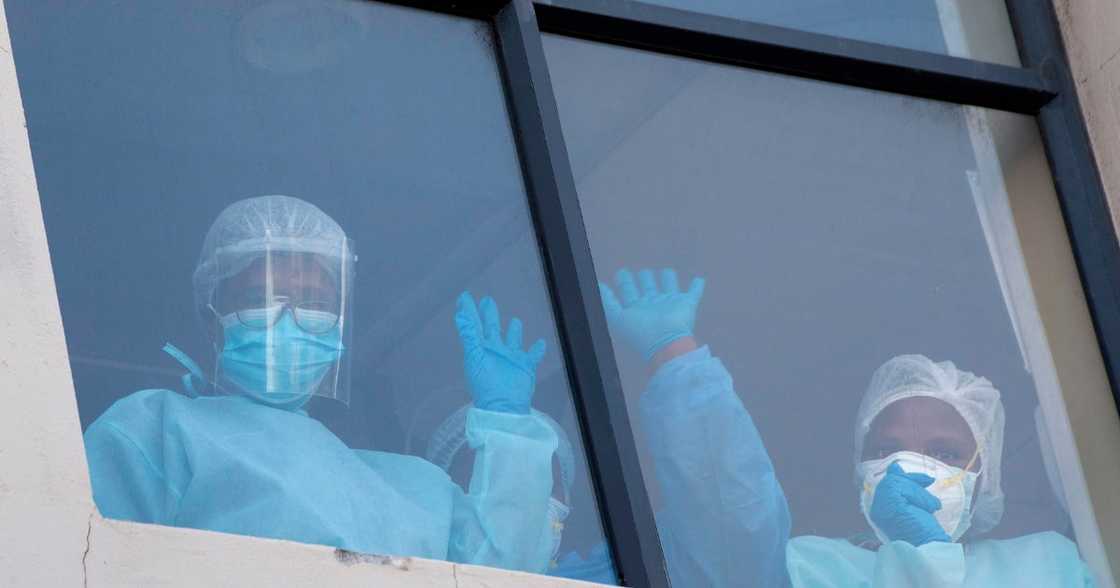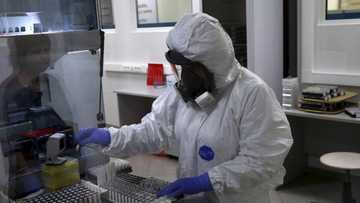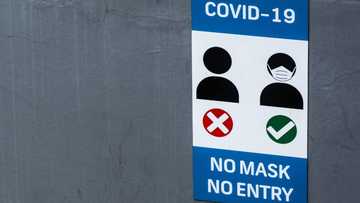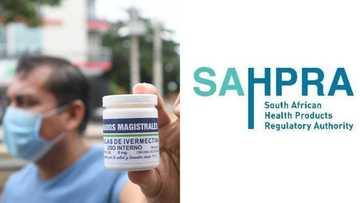Expert: New Covid19 strain, record cases but same old rules apply
The new year is in full swing, but so is the second wave of Covid-19 infections in South Africa. Dr Sheri Fanaroff, medical expert, provides some advice on how best to handle the challenge.
PAY ATTENTION: Join Briefly News' Telegram channel! Never miss important updates!
By Dr Sheri Fanaroff: Medical expert
2021 has arrived with a tsunami of new cases reaching the highest daily numbers we have seen and a massive percentage of positive results (over 30 percent of tests done).

Source: Getty Images
In world rankings, South Africa is up to number 16 in total case numbers, 15th in total deaths, and we currently have the 14th highest number of active cases worldwide.
Over the holidays, many people have experienced either being infected with COVID-19 or exposure to someone who has had it.
I am going to give some guidelines in response to the questions I have most frequently been asked in the last few days.
1. How does the new strain affect us?
The new variant of Covid-19 has mutations on its spike protein and appears to be the dominant strain circulating since at least early December.
It is more transmissible than the old strain (in other words it can be more easily spread), but at this stage it has not been proven to be more virulent or to cause more severe illness.
Coronaviruses naturally mutate, so this is not unexpected, and on the whole, the management of the virus remains the same.
Some effects that are important to note:
• The new strain is likely to spread more quickly, driving a high increase in numbers of infections. (The mutation allows it to enter cells more easily, making it 40% to 70% more transmissible than the older strain).
• It is spread in exactly the same way, in other words in droplets in the air and from contact with surfaces. Thus, practising mask-wearing, social distancing of 1.5metres and frequent hand washing/ sanitizing is more important than ever.
• Some countries have closed their borders to South Africans based on the new variant.
• It is unknown at this stage whether someone who has already had COVID-19 from one of the older variants can get re-infected with the new variant.
• The current PCR and antigen tests do also pick up the new strain.
• It is still unknown whether the new strain will impact the effectiveness of the vaccine - more research is needed, but at this stage, it is not thought to be of major concern.
2. I am travelling home from holiday - Do I need to quarantine?
• If you have been diagnosed with COVID-19 or have any symptoms, you should complete 10 days of isolation before travelling home. (This is both to prevent you from spreading the infection to others and also because travelling home may be dangerous for you as the infected person due to the increased risk in clotting and the risk of low oxygen levels
• If you have been a close contact of someone with COVID-19, you should complete 10 days of quarantine in the place where you are before travelling home
• If you are coming home from a high-risk area but haven’t definitely been a contact, then you don’t strictly need to quarantine. However, I would advise extreme caution in anyone coming from high-risk areas, and anyone travelling by plane, as we suspect there are likely to be positive people on the flight
3. What about our domestic workers who are coming back from high-risk areas?
The same principles apply for domestic workers in your home as for anyone else returning from an area where there is a high number of cases, where they have been in large gatherings or where they may have been exposed to COVID-19.
Remember that your family is equally a risk to the worker, and that best practice is for everyone in the home to follow the same protocols.
4. Is it safe to go back to work?
• If people working together in an office space have travelled around the country, it might be better to work from home for a two-week period (if this is feasible), while waiting to see if anyone develops symptoms, rather than spreading the virus throughout a workforce
• If you do go back to work immediately, it should be with strict COVID protocols in place
• Temperature screening, the strict wearing of masks over mouths and noses, good ventilation and excellent hand sanitising should be observed
5. What about sending our children back to school?
• A school observing excellent COVID protocols is a controlled environment where social distancing can be implemented, frequent sanitising can be enforced, and mask-wearing can be mandatory. Most schools are now well prepared and experienced in appropriate management, having implemented the protocols since June 2020
• Whatever your school decides, it is of utmost importance to NOT send any children to school who have any symptoms, who are still completing ten days of isolation or who have been in contact with a COVID patient and who should be in quarantine. If you are uncertain, it is best to keep them home until they have been cleared by a doctor
• It is now a criminal offence to knowingly expose others to the virus - ethically jeopardizing an entire class or school by sending infected or infectious children to school is unconscionable
Meanwhile, Briefly.co.za reported that Basic Education Minister Angie Motshekga is set to address SA on the plan to reopen schools.
This comes as numerous entities, including teacher unions, call for a postponement as the nation records high numbers of infections and fatalities.
Whilst unconfirmed, a report indicates that this may well be the government's plan of action.
Enjoyed reading our story? Download BRIEFLY's news app on Google Play now and stay up-to-date with major South African news!
Source: Briefly News






